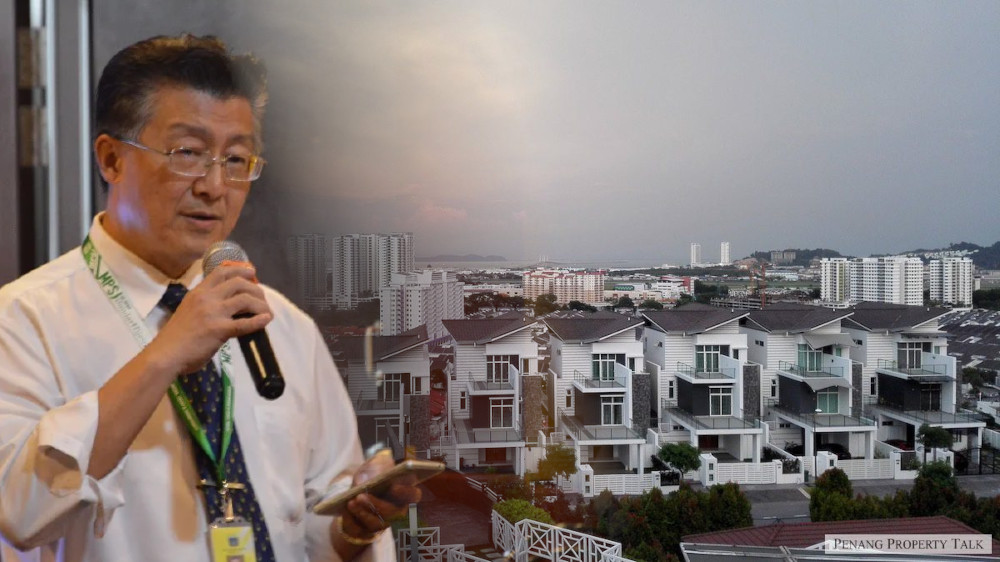HBA opposes reintroduction of inheritance tax, citing unfair burden on property owners

The National House Buyers Association (HBA) has voiced strong opposition to the proposed reintroduction of an inheritance tax in Malaysia’s 2025 Budget. The tax is one of several measures being considered to broaden the country’s tax base and increase government revenue. However, HBA secretary-general Datuk Chang Kim Loong argues that such a tax penalises years of hard work and amounts to double taxation on assets that have already been taxed during the owner’s lifetime.
The inheritance tax, which was abolished in 1991, has resurfaced as a potential fiscal tool, alongside other proposed taxes such as those on unhealthy foods, carbon pricing, high-value goods, and artificial intelligence (AI). While the unhealthy food tax aims to curb obesity, and the carbon pricing tax aligns with environmental goals, the inheritance tax is intended to prevent the concentration of wealth within families, thereby reducing economic inequality.
Despite these objectives, Chang expressed his concerns about the inheritance tax’s unintended consequences, particularly on middle-class families and small business owners. He stated that the tax would disproportionately affect those who have worked hard to acquire assets, particularly property, and who intend to pass these assets on to future generations.
“The inheritance tax is effectively imposing a tax on inflation,” Chang explained. “If a taxpayer has worked hard, paid taxes, and invested in assets such as property, commodities, and equities, it is utterly unfair for these assets to be taxed again upon their death. It is everyone’s aspiration to improve their economic condition and provide a better start in life for their children.”
Chang also highlighted the fact that property often represents the largest portion of a family’s wealth. For many Malaysians, their homes are not just investments but legacies intended for future generations. By taxing inherited property, the government would, in his view, be unfairly targeting individuals who have used property as a hedge against inflation.
To illustrate his point, Chang cited the example of a property purchased in 1977 for RM20,000, which increased in value to RM380,000 by 2020. While this may seem like a significant gain, he pointed out that much of the increase is due to inflation over the 43-year period. Adjusting for an estimated inflation rate of 5.5%, he calculated that around 55.5% of the property’s increased value could be attributed to inflation.
“If an inheritance tax is introduced, it would be based on the property’s current market value, meaning that beneficiaries would essentially be paying a tax on the inflation that occurred during the property’s ownership,” Chang said. He further noted that in cases where the beneficiary could not afford the tax, the government could potentially seize the property, putting the beneficiary in a precarious financial situation.
Chang also warned that the reintroduction of an inheritance tax could discourage wealth generation and lead to capital flight. He argued that such a tax could undermine efforts to encourage economic growth and success, driving successful individuals to relocate their wealth and investments to more tax-friendly countries.


Rich folks and even middle class beware, cash out and bring your money overseas before madani catch up you….